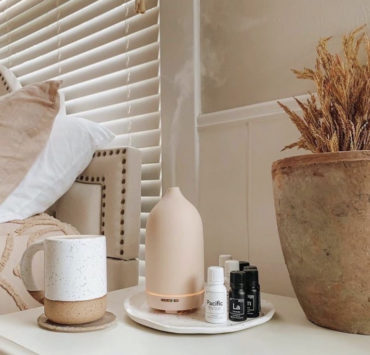What Does it Mean to Hold Space and How do You do it?
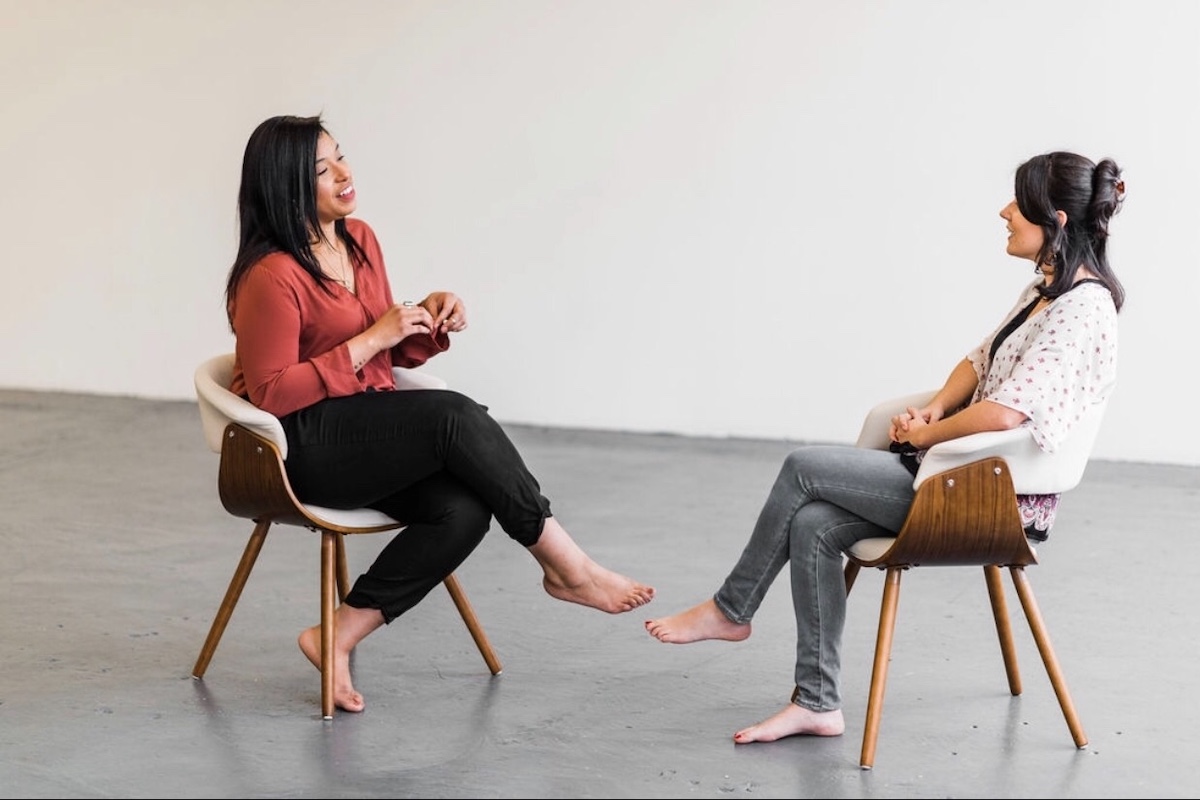
Devon Blythe is a Body-Mind and Wellness Practitioner whose mission…
The term holding space is used frequently in the healing arts, and it refers to sitting in the present moment without judgement, or without going into a reactive state. When someone gains the ability to hold space their interactions with those around them become more of an open, loving and present experience that can lead to more fulfilling relationships. Let’s dive deeper.
What is Holding Space?
Holding space is a term that we use often in the healing professions, but often without a clear explanation of what we mean. Since since your own capacity to hold space is so fundamental to your success in helping someone else digest their own experience and get to know them self, I’d like to take a few minutes to lay out my best understanding of what it takes to hold space for someone.
When. you’re interacting with someone else, there are three basic stances you can take regarding the purpose and the focus of the interaction. They are: It’s about me, It’s about them, and It’s about us. Let’s take a look at each one in more detail.
It’s about me.
This interaction is about me. It is about my agenda. It is about me getting what I want. The other person’s job is to help me get what I want. It is not about them and their agenda. It is just about me. Right now, only my needs are important. Typically, this is the sort of interaction you might have when you go to see a therapist or other healer. You have hired them to help you get what you want. It is their job to put all their attention on you and help you get what you want.
It’s about them.
This is the same type of interaction, but the roles are reversed. Now you are in the position of the healer instead of the client. Your job is to make the interaction about them and their agenda, not about you and your agenda. You have to leave your agenda out of it and focus on them and their needs. For right now, your needs aren’t important, only their needs are important. In order to be able to do this, you must be capable of tracking your own needs and your own agenda well enough to perceive how they are influencing your responses. This requires a high level of self awareness and skill in tracking your own inner experience. In addition, your needs must already be addressed well enough so that you are okay, at least for the moment, not getting anything for yourself.
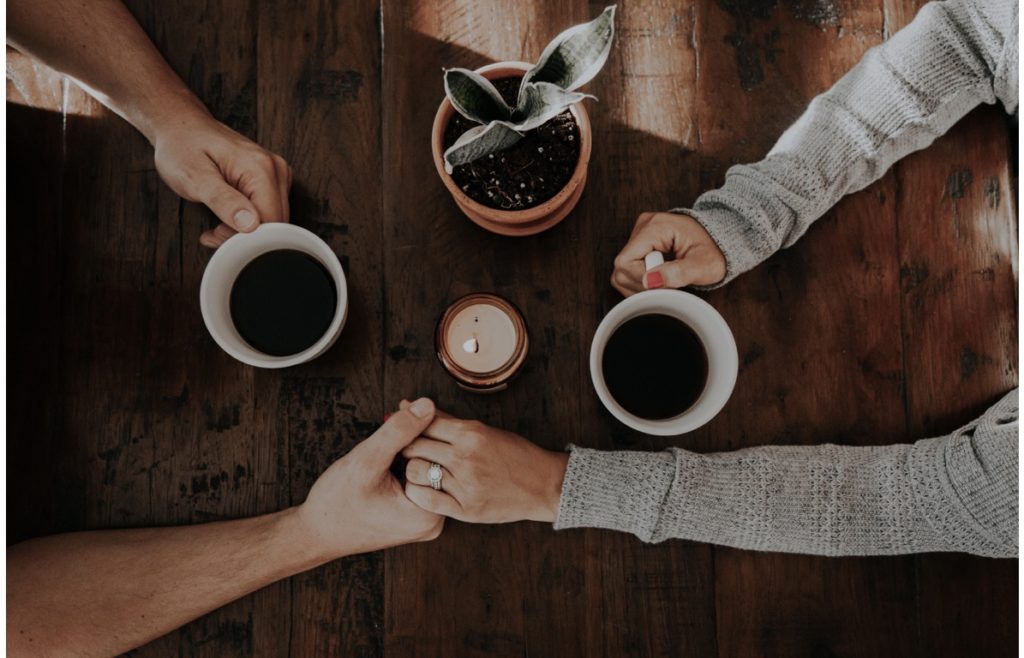
It’s about us.
This kind of interaction is much more complicated, because now the wants and needs of both people are important. It’s about both people and both agendas at the same time. And those two agendas aren’t always going to be the same. They may be different. They may even conflict. So the two of you have to do something entirely new: you have to negotiate with each other. You have to explore what each of you wants and how to get it until the two of you find some sort of compromise that is good enough for both of you. This process of negotiation and compromise introduces a whole new level of complexity into the interaction. Both of you must use communication skills that you didn’t need in the first or second types of interaction.
Things to know in order to Hold Space for another person.
Holding Space for someone requires that you shift into the second perspective of its about them and stay there for the entire time you are holding space for them. For many of us, this can be very difficult to do, since we always have our own needs and wants going in the background, and they may say or do something that lights up one of our needs and brings it into the foreground. Managing that internally without losing focus on supporting the other person is the key to successfully holding space for them.
In order to succeed in managing your own inner state during this interaction, you must be grounded, centered, okay enough for the moment, and very skillful in self-awareness and self-tracking. And since you probably do have your own agenda concerning what the the other person should do (most of us do), you must be able to truly put it aside in order to be present for them and support them in their agenda. If you believe that you already know what would be best for them, this is a very hard thing to do. If you believe that you can see a big enough picture to know where they are going and what route is the best one for them right now, it is difficult to resist trying to steer them toward that route.
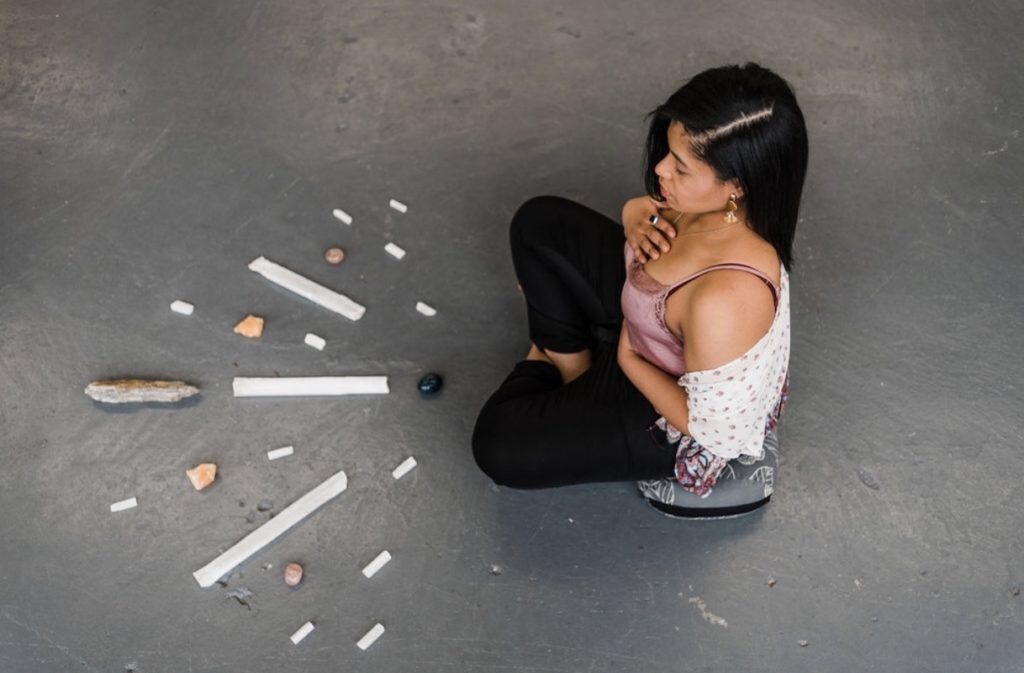
Holding space becomes even more difficult when you’re trying to do it for someone who is personally important to you and has a big effect on you—your lover, for instance. How well they are doing and what direction they are going probably has a huge impact on you and on the probable fulfillment of your own needs and wants. So you are that much more vulnerable to getting triggered and reactive while trying to hold space for them. This means that you have to be that much more grounded and centered and able to put your own agenda aside for the moment.
So what is the secret to being able to hold space for someone else, even when you get triggered?
The secret is in developing the capacity to internally hold space for yourself at the same time, to have an adult part of you that can notice when a child part of you gets triggered and can step in to hold and soothe the child part inside, even while you continue holding space for someone else on the outside.
This doesn’t mean that you can tolerate an unlimited amount of internal upset. It only means that the adult inside can monitor the internal situation and can measure its own limits and gracefully call a time out while there is still some slack inside, before things inside go off the cliff and you switch into fear for your very survival. In real life, you might say something like this, “What you’re saying is really important to me, and I want to be able to listen to all of it and help you sort it out, but I just hit a reaction inside that is more than I can easily hold and still give you the attention you deserve.”
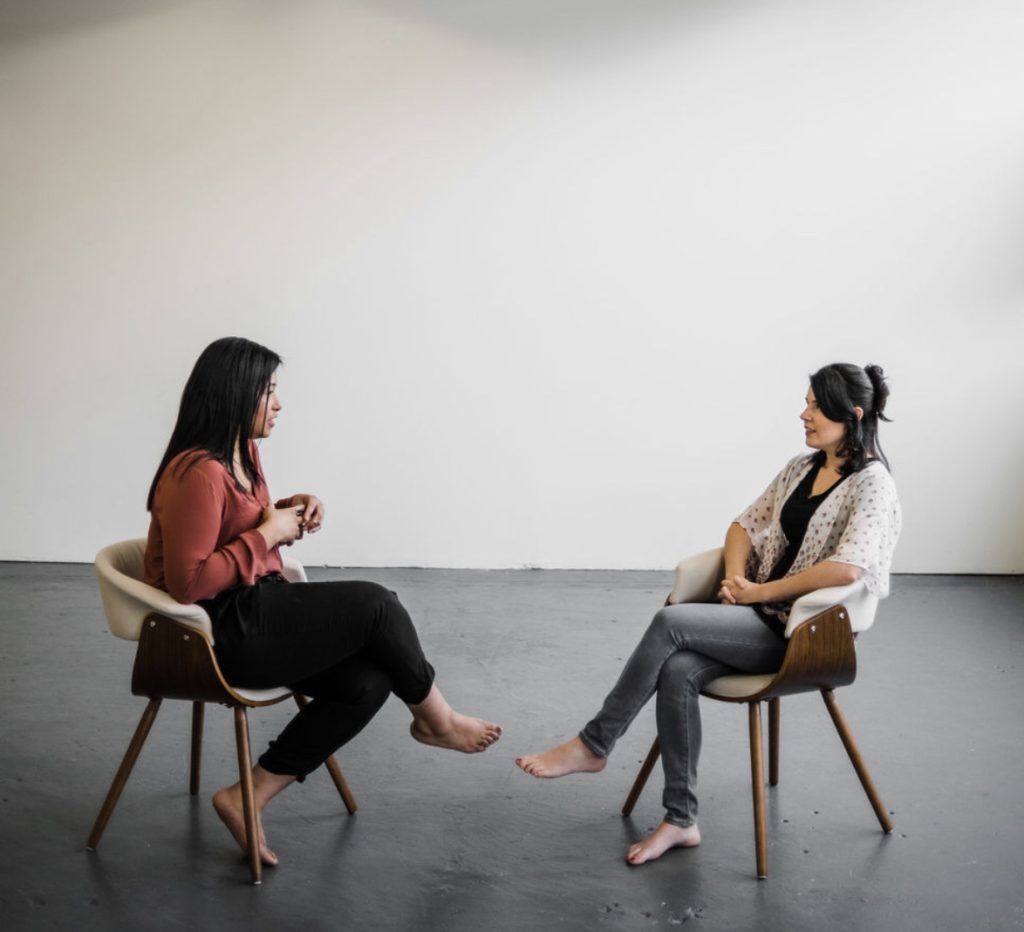
Accurately measuring your own internal reserves requires a clear-eyed assessment of yourself, one that recognizes your limits as well as your talents. Noticing those small signals gives you some warning inside that your own emotional distress is building so you can gracefully call a time out and disengage before you go into overwhelm and reaction. It forewarns you so that you can both disengage from the other person in a caring way and take care of yourself. It lets you be pro-active in managing the problem, instead of reactive. It helps you take responsibility for yourself and your distress, rather than dumping it on the other person, the one you were trying to hold space for.
During times like these, developing the skill of Holding Space can help neutralize opposing opinions and concerns; which are at an all time high as of late Being able to reduce or hopefully remove the ability to get triggered not only creates a safe space for all people involved in the interactions but it also reduces the stress and emotional triggers you have personally. Begin to practice this skill today and you will be your own witness to more loving, healthy and whole relationships in your life.
Devon Blythe is a Body-Mind and Wellness Practitioner whose mission is to support universal and individual healing while expanding conscious awareness in humanity. Devon has extensive training in a wide variety of wellness practices and today her work focuses on spirituality, life coaching, and bodywork with an emphasis on self knowledge, conscious awareness, mindfulness, meditation, breath work, and holism. Devon created a method called The Balance Effect and founded The BE Company where she works to support as many human beings as she can through her natural gifts of intuitiveness, introspection, and connecting with other humans on a deep emotional level.
